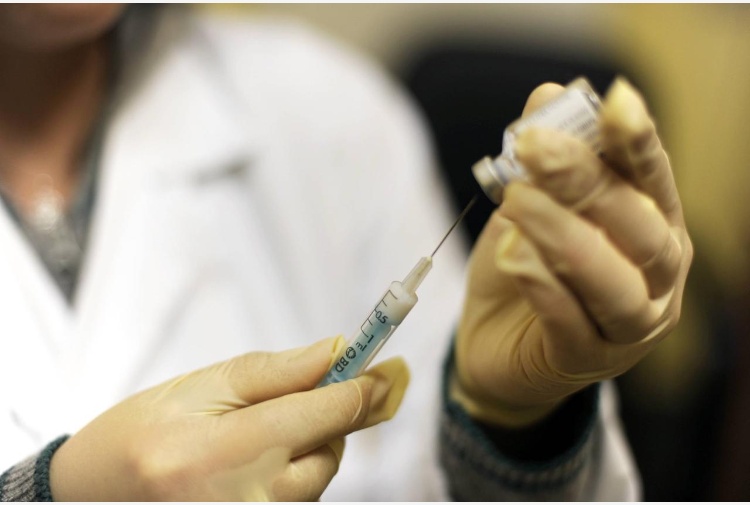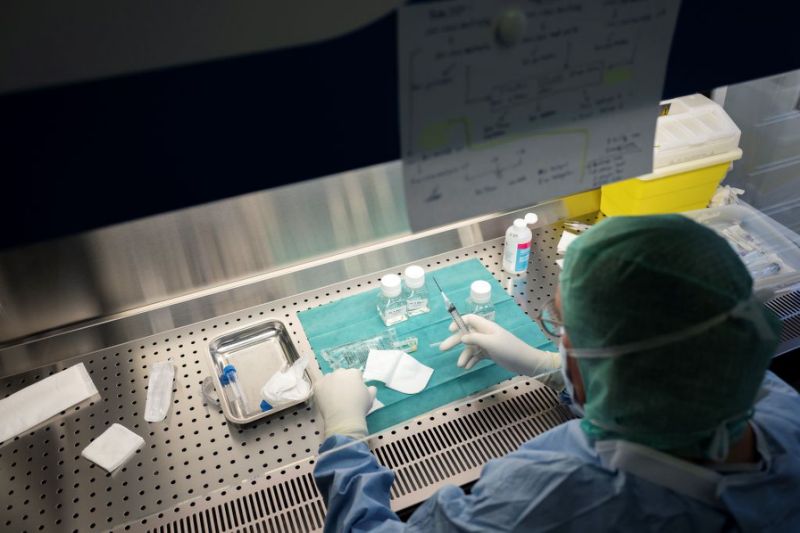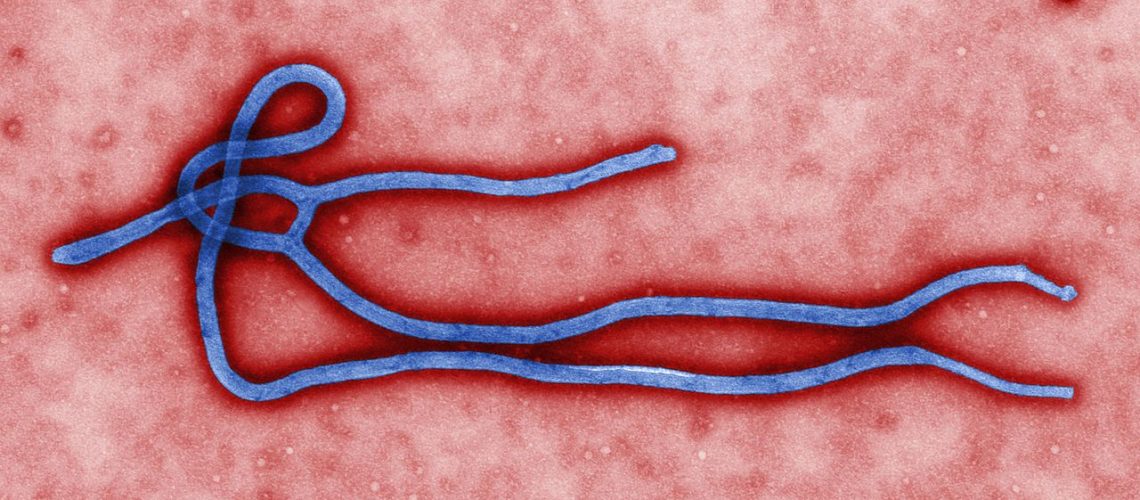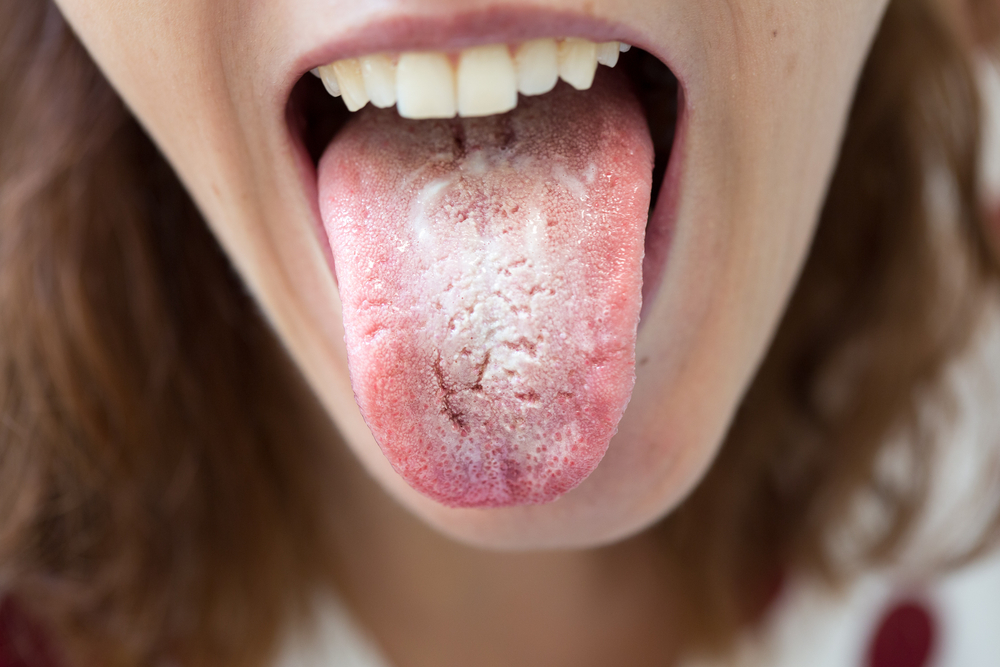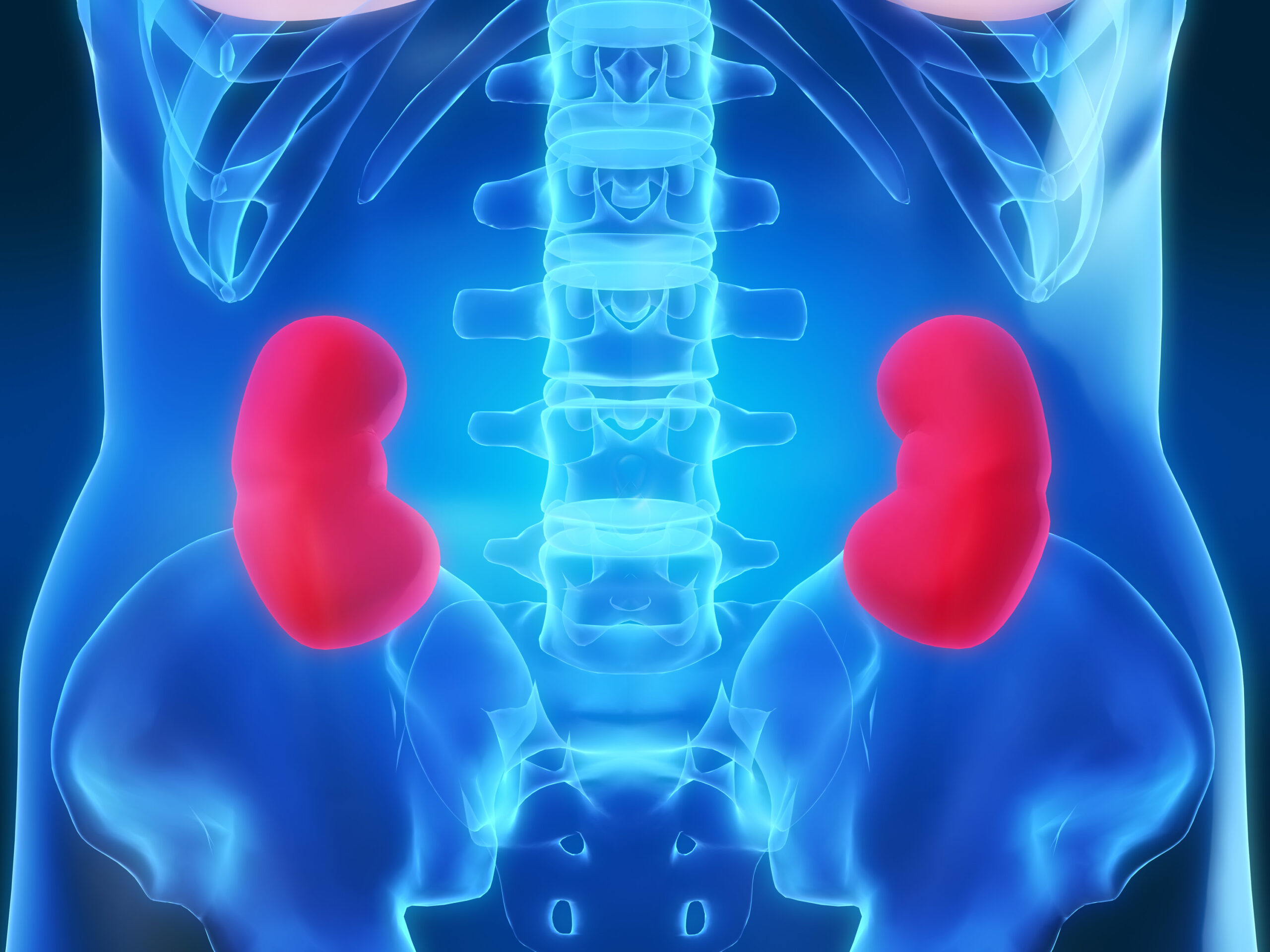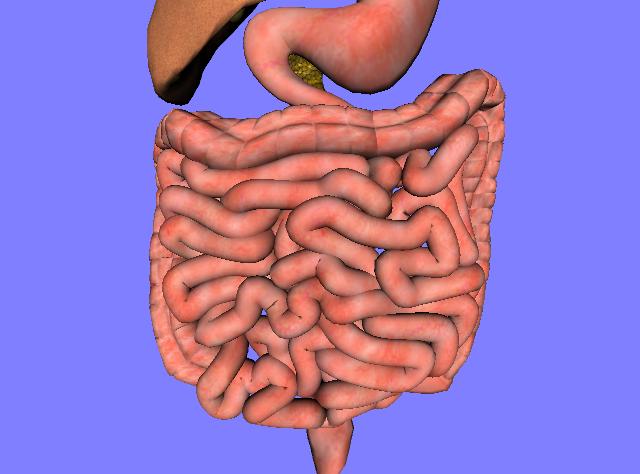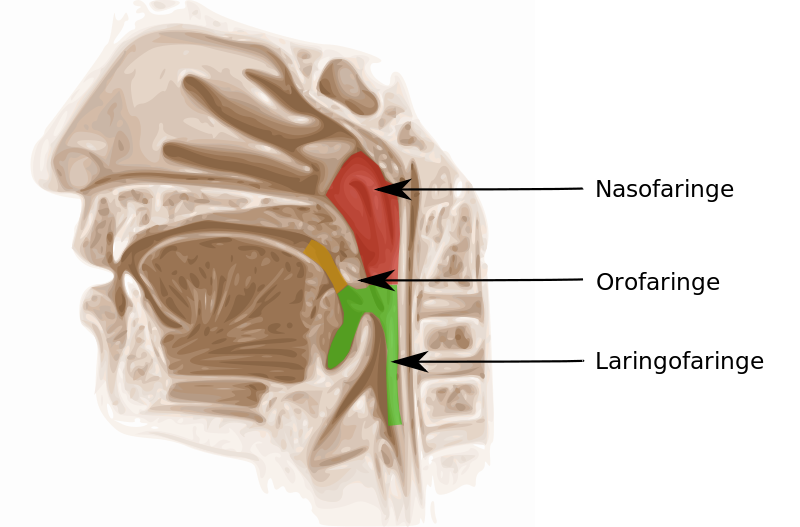The U.S. Food and Drug Administration (Fda) has authorized the marketing of a rapid diagnostic test to detect Ebola virus antigens in human blood. It is the first of its kind and provides a quick and presumptive diagnosis, which must then be confirmed with more extensive testing.
“This is an important tool in the effort to combat Ebola, which continues to be a priority of the U.S. government, particularly in working with our partners, including the World Health Organization, to help address the current Ebola outbreak in the Democratic Republic of Congo (DRC),” said Fda Commissioner Ned Sharpless. The epidemic he refers to does not get much coverage in Western media, but it has been active since 2014 and has already killed more than 11,000 people in West Africa. Therapies know they are improving, but one of the most important tools for stopping outbreaks is rapid diagnosis. The ability to use the new test for a presumptive diagnosis of Ebola could help isolate patients more quickly and begin treatments that can save their lives and are more effective if done in the early stages of the disease. One of the circumstances in which the Ebola virus spreads is through burials of corpses, and according to the Fda, “the test could be used on these occasions as well, to support safe and dignified burials.”
The disease caused by the Ebola virus is a serious, often fatal disease in humans that can spread through direct contact with contaminated blood or body fluids or objects, as well as from the bodies of those who have died from the virus.
The Ministry of Health in the Democratic Republic of Congo is making significant efforts to contain the current epidemic with support from the World Health Organization and other partners. These measures include campaigns to promote good hygiene, large-scale vaccination campaigns, setting up specialized treatment centers where those infected or exposed to the virus can receive experimental therapies, and comprehensive efforts to track and prevent the spread of the virus.





